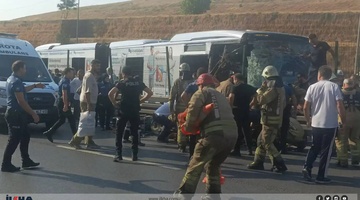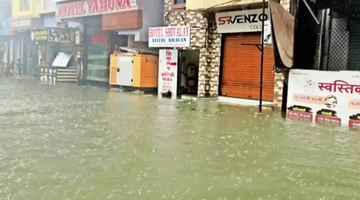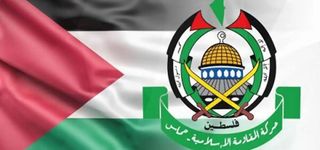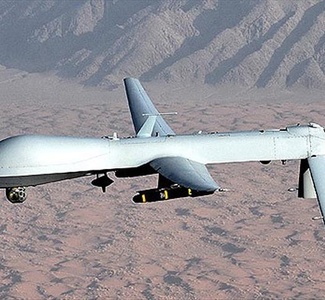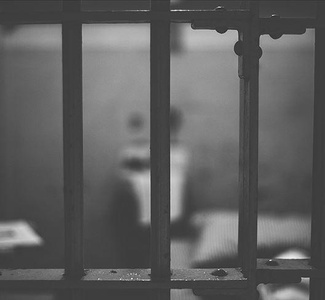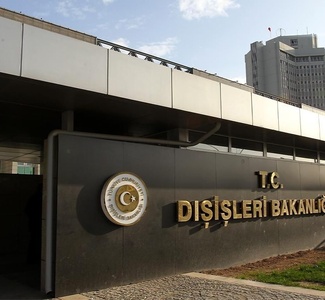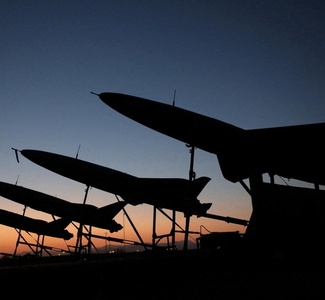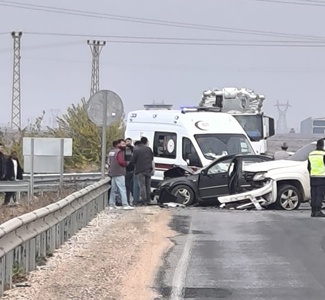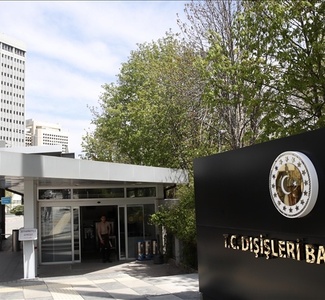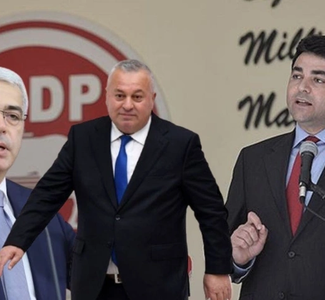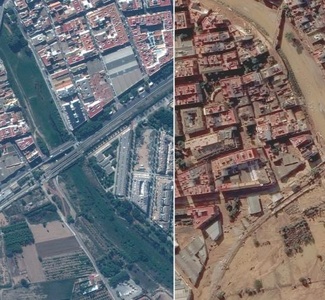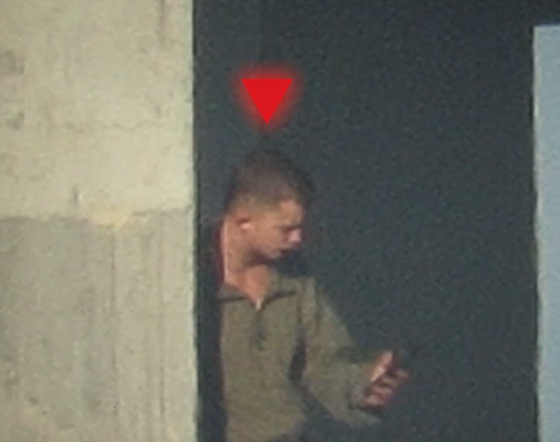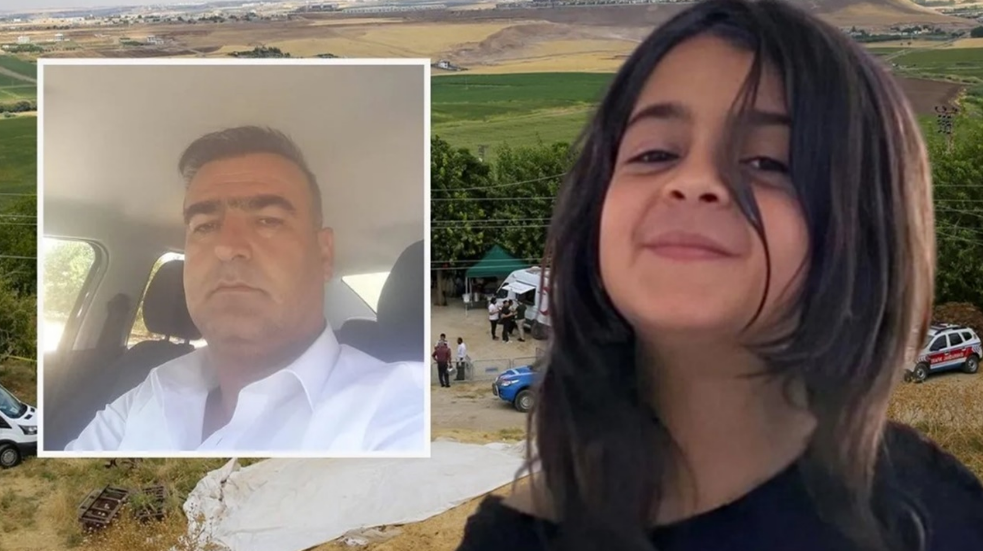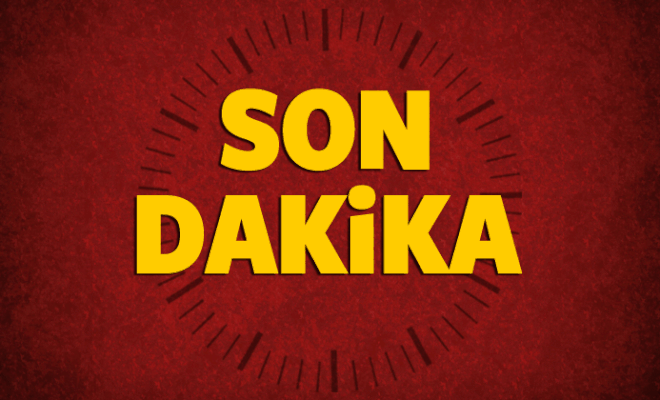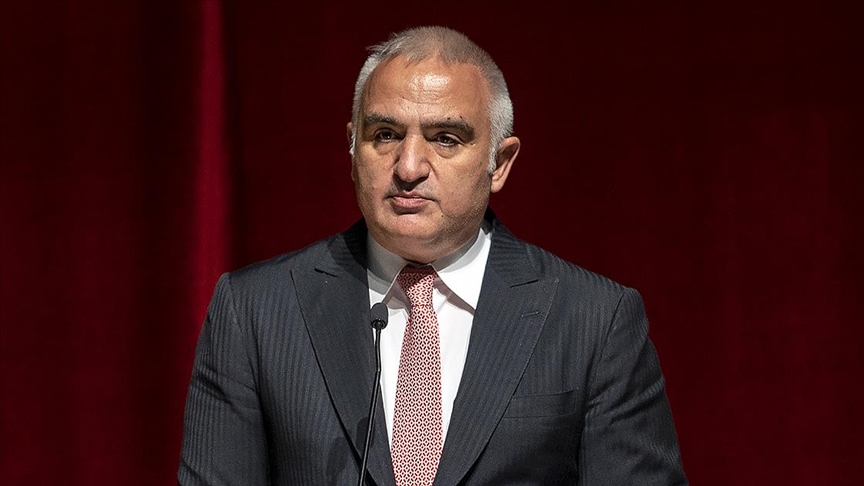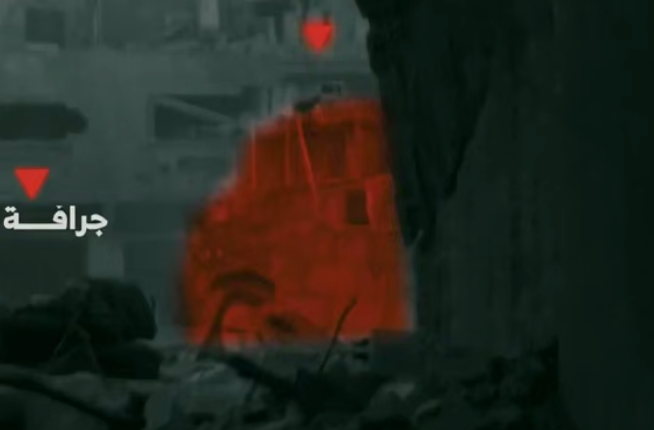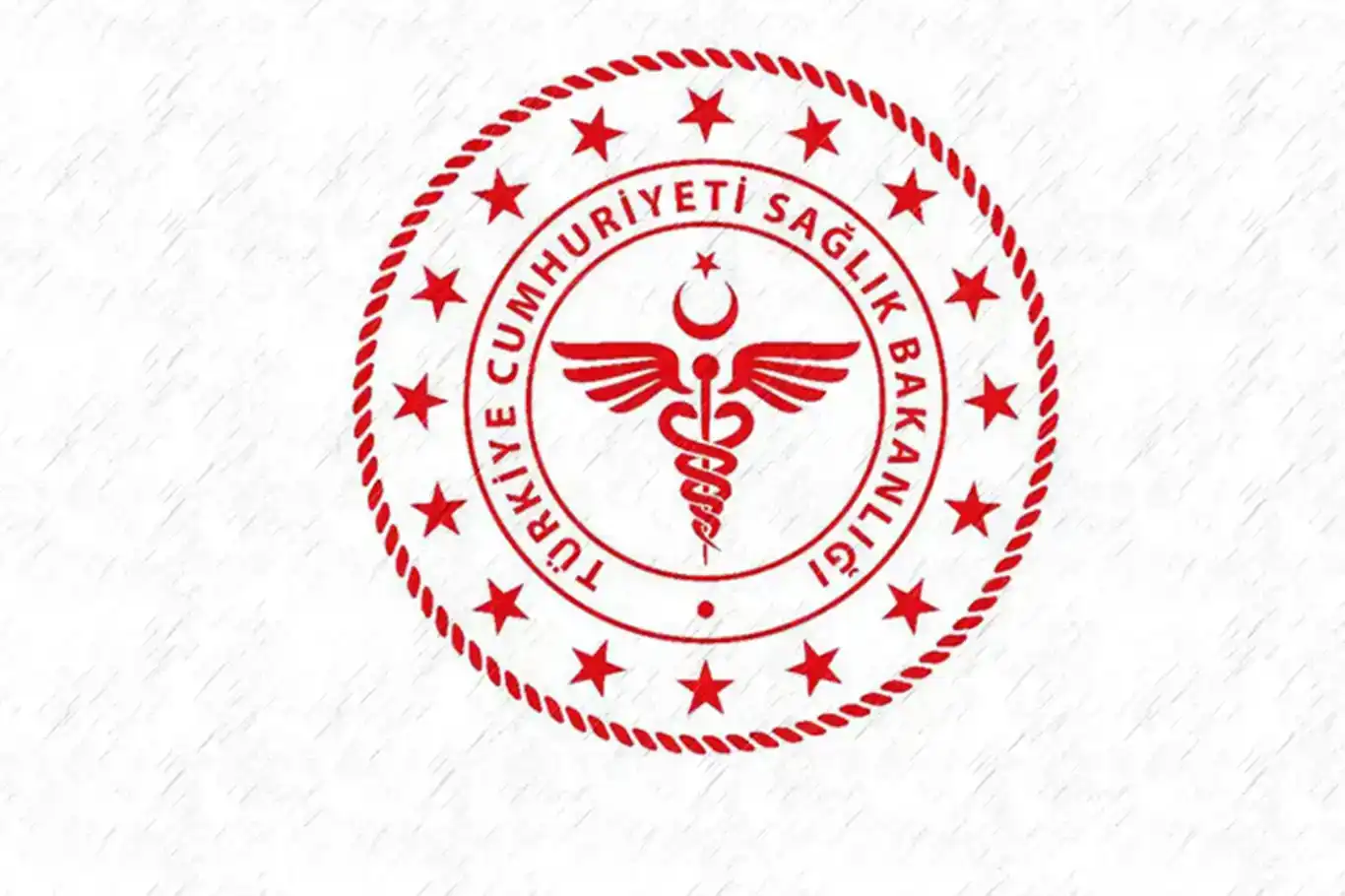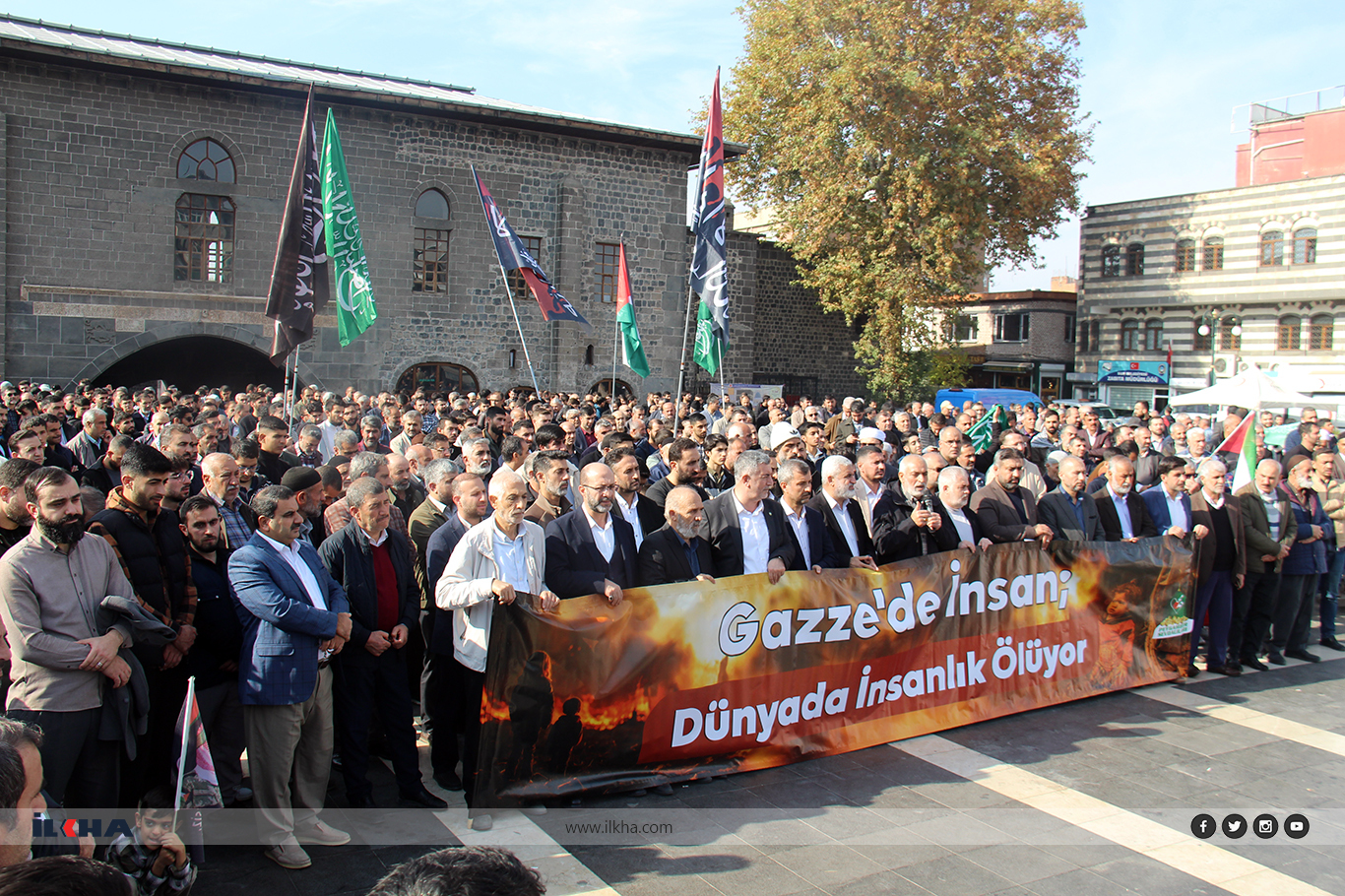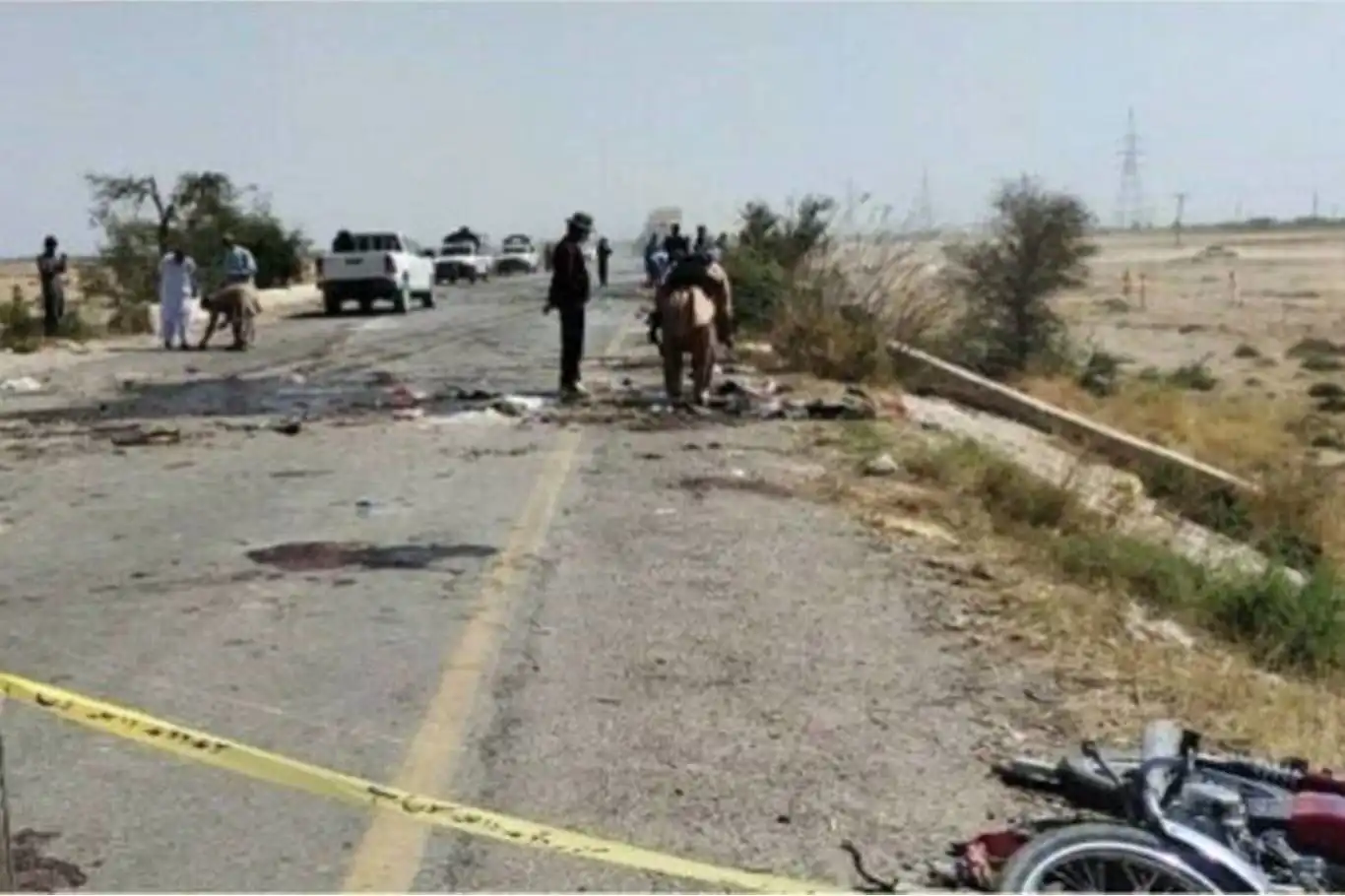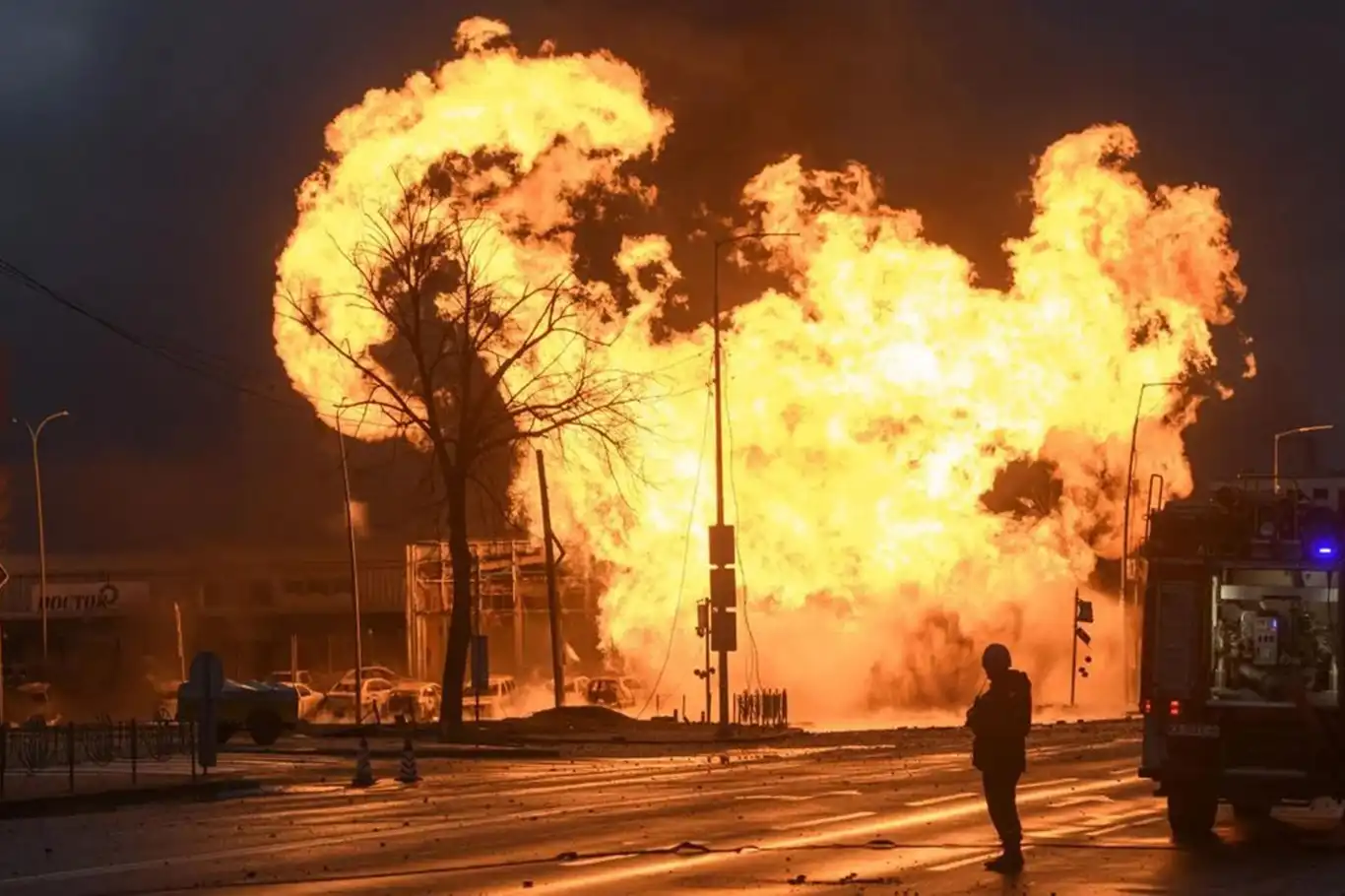Aid organizations issue urgent appeal amid escalating humanitarian crisis in Gaza
As the humanitarian crisis in Gaza intensifies, aid organizations based in Malatya have made an urgent plea to philanthropists and the international community to step up support for the besieged enclave.
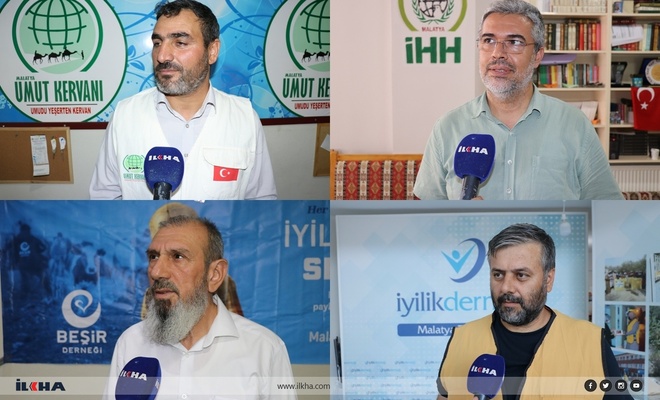
 Google News'te Doğruhaber'e abone olun.
Google News'te Doğruhaber'e abone olun. The ongoing Israeli genocidal aggression has claimed tens of thousands of lives and left many more injured, with no end in sight.
Despite relentless efforts by aid organizations to provide much-needed assistance, donations have dwindled, partly due to the decreasing global media coverage of the crisis.
Representatives from several key aid organizations in Malatya—Veysel Yıldız from the Hope Caravan Association, Ömer Derin from the IHH Malatya Branch, Yahya Dayan from the Goodness Association, and Orhan Alpaslan from the Bashir Association—spoke to ILKHA, highlighting the severity of the situation in Gaza. They underscored the need for continued and increased support from the international community and local philanthropists.
Veysel Yıldız, a representative from the Hope Caravan Association, made an impassioned plea, urging everyone to take action in whatever capacity they can. "Today, we may not have the opportunity to physically go to Gaza and fight, but that does not absolve us of our responsibility to help our brothers and sisters there," Yıldız stressed. "Whether through our words, our pens, our wealth, or even our lives, we must find ways to support Gaza. The ongoing massacre has left countless women, children, and elderly individuals martyred, and the survivors are now homeless and without refuge. We call on all philanthropists to provide serious and sustained help to Gaza."
Yıldız’s words resonate deeply with the ethical and religious duties felt by many in the Muslim community, particularly in times of crisis. He emphasized the moral obligation to assist those in need, drawing a parallel between this responsibility and the eventual accountability everyone will face before Allah. The representative also noted the dire circumstances in Gaza, where the violence has destroyed homes and infrastructure, leaving the population in desperate need of aid.
Historic Atrocity: "One of the Bloodiest Episodes in Human History"
Ömer Derin, IHH Provincial Head, described the ongoing situation in Gaza as not only a humanitarian crisis but one of the darkest chapters in human history. "We are currently witnessing one of the bloodiest atrocities in human history unfold before our eyes," Derin said. "We live in a time where, despite the large number of people, there is a profound lack of humanity. The barbaric practices of the past are continuing today in Gaza, where people cannot even provide basic pain relief to children who have lost limbs in the bombings."
Derin’s remarks highlight the severe humanitarian conditions on the ground. The inability of parents to provide even the most basic care for their injured children underscores the brutality of the situation. Many families are left helpless, watching their loved ones perish without the means to offer any comfort or medical aid. The fragmentation of families and the destruction of homes and communities have left deep scars that may take generations to heal, if at all.
Ensuring Aid Delivery: "Help is Reaching Gaza, Despite the Challenges"
In response to concerns that aid may not be reaching Gaza due to the intense blockade and ongoing conflict, Derin reassured the public that their contributions are making a difference. "We want to emphasize that aid is reaching Gaza, one way or another," he stated. "Despite the difficult conditions, we are finding ways to deliver essential supplies to those in need. We urge philanthropists not to withdraw their support under the mistaken belief that their help is not getting through."
Derin’s comments are crucial in maintaining public confidence in the efficacy of aid efforts. He explained that the organizations involved are committed to ensuring that aid continues to flow into Gaza, regardless of the obstacles. This sustained effort is vital not only for the immediate survival of the Gazan population but also for their long-term recovery and the rebuilding of their communities once the conflict ends.
The Power of Boycotts: "A Tool of Resistance Against Injustice"
In addition to direct aid, Derin highlighted the importance of economic boycotts as a form of resistance against the ongoing occupation. "We must not forget the power of the boycott," he said. "Products and brands that openly support Israel must be excluded from our homes and communities. This is not just a symbolic gesture but a tangible way to weaken the support structure of the occupation."
Boycotts have long been used as a peaceful and effective means of protest against oppressive regimes. By refusing to purchase products from companies that support the Israeli government, consumers can send a powerful message and contribute to the broader struggle for justice and human rights in Gaza.
Yahya Dayan, the Malatya representative of the Goodness Association, spoke about the waning attention Gaza has received in recent weeks and months. He emphasized the critical need to keep Gaza at the forefront of public discourse. "As Muslims, we must ensure that Gaza remains on our agenda, both in our personal lives and in the public sphere," Dayan urged. "Gaza is our last fortress, and we must do everything in our power to prevent it from falling."
To raise awareness and keep the plight of Gaza in the public eye, the Goodness Association plans to set up a Gaza awareness tent in Malatya, a project that will continue for three months. Dayan called on benefactors to visit the tent and contribute to the ongoing efforts. He cited verses from the Qur'an that call on Muslims to "strive with your wealth and lives," stressing that while Gazans are risking their lives, it is incumbent upon others to support them with their resources.
A Collective Responsibility: "Let's Keep Gaza in Our Prayers and Actions"
Orhan Alpaslan, representing the Bashir Association in Malatya, echoed the sentiments of his colleagues, calling for continuous support for Gaza. "We ask all citizens to keep Gaza on their agenda," Alpaslan said. "Even though media attention has diminished, we must not forget the ongoing suffering. Let’s bring Gaza back into our prayers, our discussions, and our actions. Thousands of people have been killed, and many more are still suffering under the rubble. We must do everything in our power to support them."
Alpaslan’s appeal underscores the ongoing responsibility to provide aid and solidarity to the people of Gaza. He reminded everyone that their efforts, no matter how small, contribute to a larger movement of resistance and hope for those living under occupation. He also emphasized the importance of prayer, not only as a spiritual practice but as a form of solidarity with the oppressed.
A Unified Effort to Support Gaza
The statements from these aid organization representatives highlight a unified effort to bring attention to the ongoing crisis in Gaza. They call on the public to remain vigilant, to continue providing aid, and to use all available means—whether through financial support, boycotts, or prayer—to stand in solidarity with the people of Gaza. As the humanitarian crisis deepens, the need for international support and awareness becomes ever more critical.
The aid organizations in Malatya remain committed to their mission of providing relief to Gaza, despite the challenges. They urge everyone to play their part in alleviating the suffering of those who have endured nearly a year of relentless violence. Through collective action, they hope to not only address the immediate needs of the Gazan people but also to contribute to a future where such atrocities are averted, and justice prevails. (ILKHA)



























